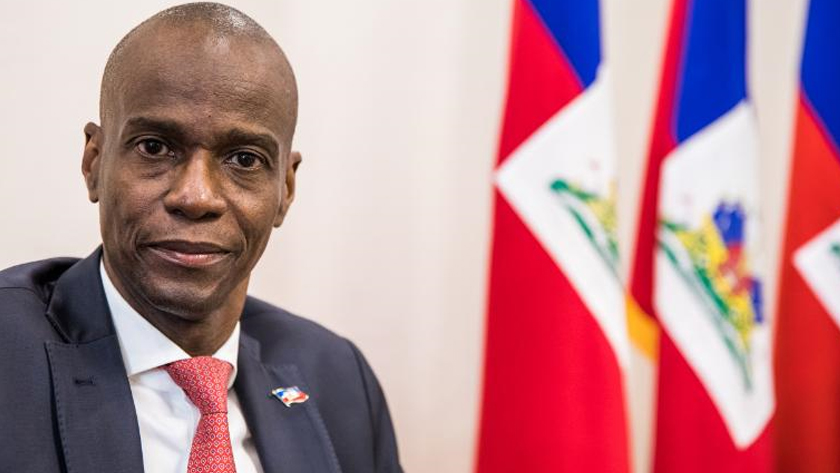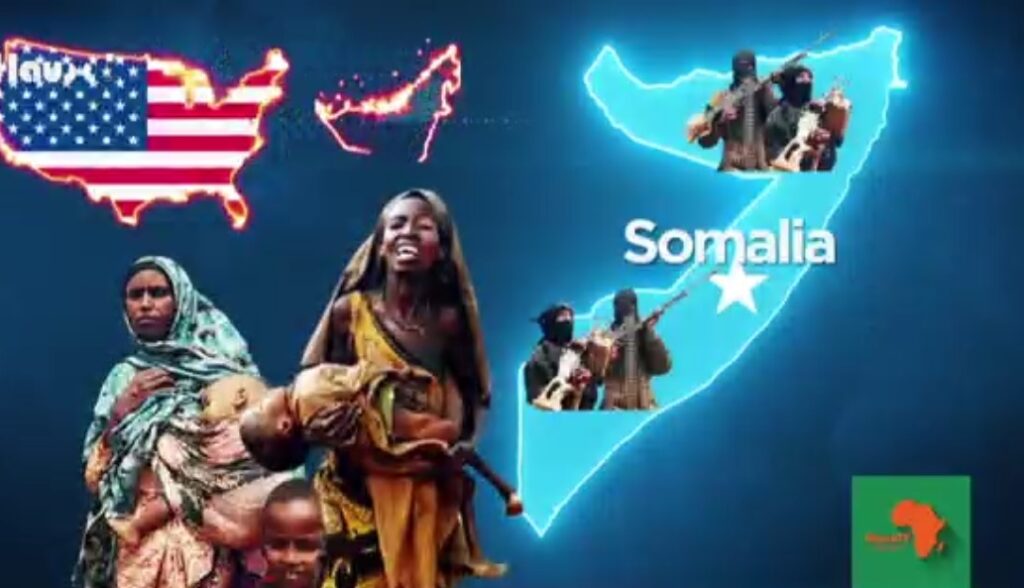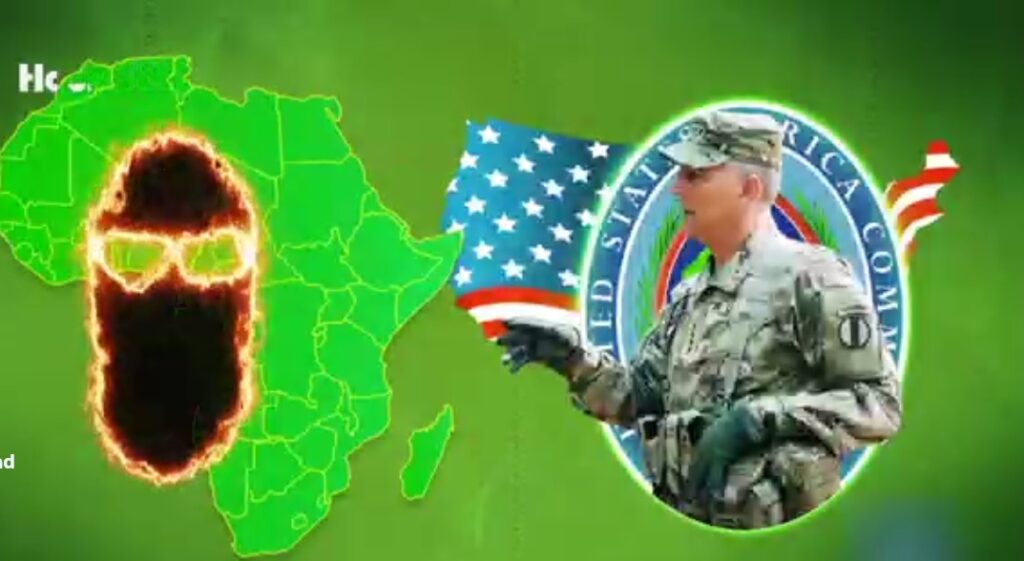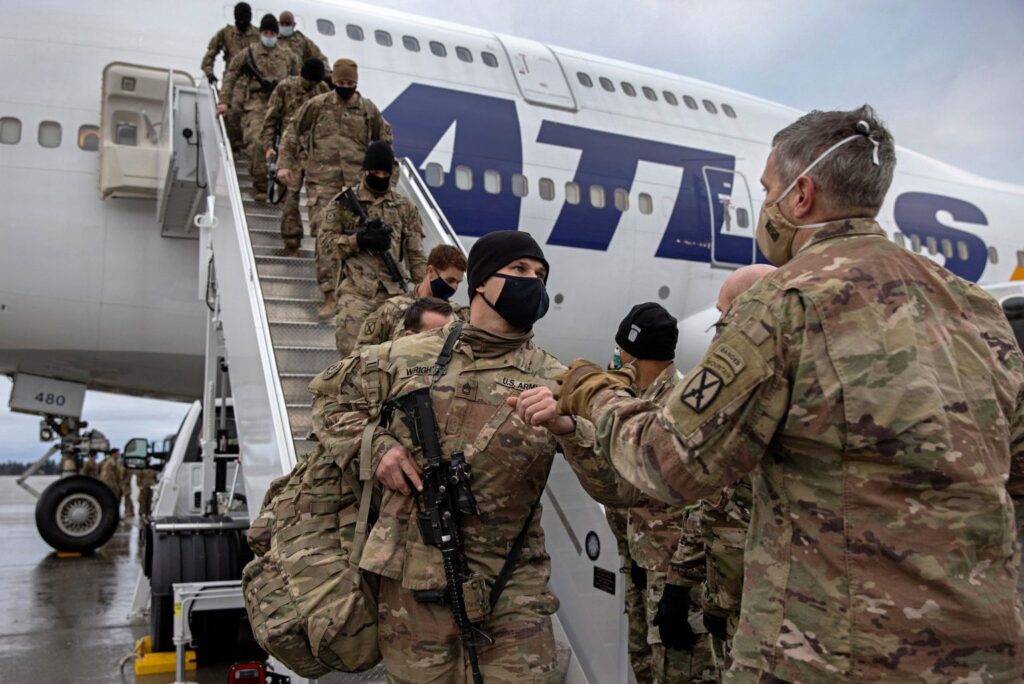Former US informants arrested as suspects in Haitian President’s assassination; media

Two men tied to the Haitian President’s Murder plot worked for US law enforcement as informants; one was said to work for the US Drug Enforcement Administration (DEA).
Following the assassination of President Jovenel Moïse, the suspect reached out to his contacts at the DEA. A DEA official assigned to Haiti urged the suspect to surrender to local authorities and, along with a US State Department official, provided information to the Haitian government that assisted in the surrender and arrest of the suspect and one other individual,” the DEA said, some media reported.





